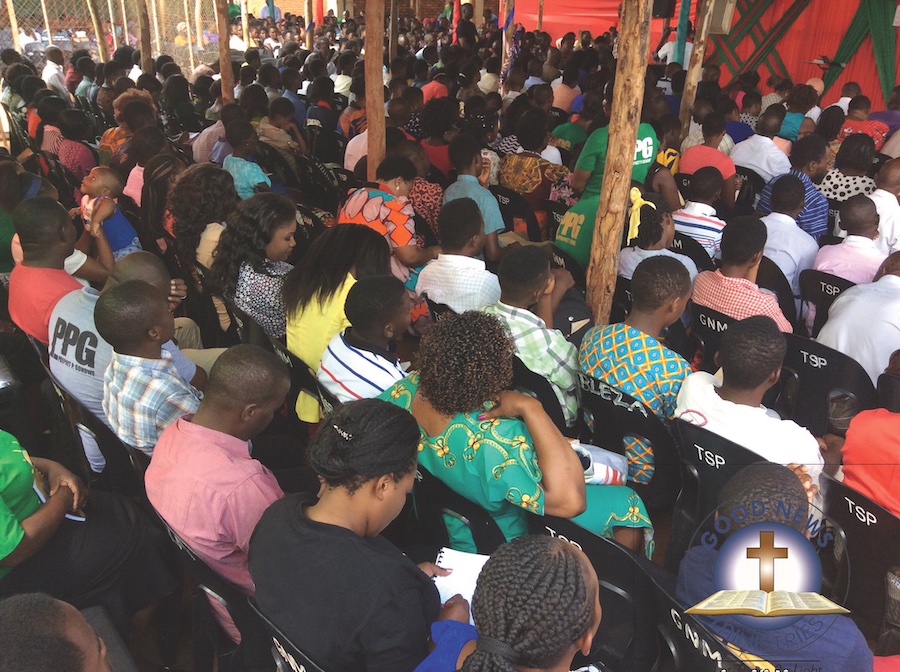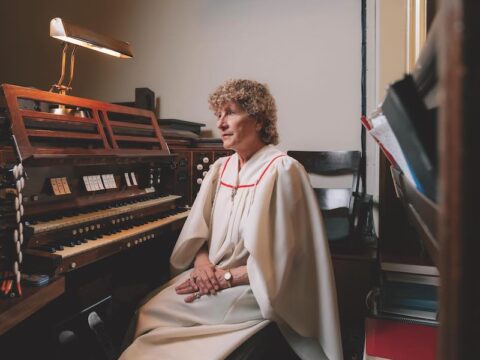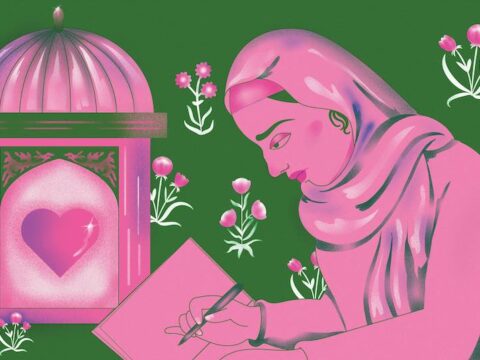For 30 years, Malawi has had one of the highest prevalence rates for HIV in the world: in 2021, 990,000 people were living with the virus. Every year, the southeastern African nation of 20 million also sees 13,000 AIDS-related deaths.
The vast majority of those affected are receiving antiretroviral therapy (ART), the most effective treatment for HIV. But in recent years, a growing number of HIV-positive Malawians have reportedly been abandoning their belief in doctors in favour of prayer, thanks to a rise of New Pentecostal church leaders who claim to specialize in faith healing.
You may unsubscribe from any of our newsletters at any time.
Seventy-seven percent of Malawi’s population is Christian, with New Pentecostal congregants now making up 7.6 percent of all inhabitants. Several church leaders, whose theology is rooted in faith healing, encourage the sick to reject medicine and turn to God. In some cases, members who seek outside treatment are excommunicated from their congregations.
Zion Church, a breakaway from established New Pentecostal churches, does not allow its members to be on ART. Members who visit hospitals are reported to church leadership by fellow members and are consequently kicked out of the church.
Paul Golomani, a senior pastor at Zion, defends his ministry with Mark 10:52: “‘Go,’ said Jesus, ‘Your faith has healed you.’ Immediately he received his sight and followed Jesus along the road.”
“[Malawi’s] constitution gives us the freedom to worship,” says Golomani. “Medical doctors want us to do what they want and not what God wants.” Though he admits that some Zion Church members have died for refusing medical treatment, Golomani argues that patients who have sought treatment have died too.
More on Broadview:
- Why it’s crucial to say that monkeypox is predominately affecting gay and bisexual men
- How these Amazing Race Canada winners overcame adversity through faith
- How my pregnancy loss strengthened my stance on reproductive rights
According to a 2021 study in the British medical journal BMJ, Pentecostal Christian leaders in sub-Saharan Africa base much of their teaching on prophecies and miracles. “Consequently, people living with HIV are becoming increasingly attracted to Pentecostal churches as they listen to testimonies of such faith-based healing through various channels,” write the study’s authors.
Eletina Mzuwala, 41, who lives in central Malawi with her three children, was diagnosed with HIV last year. Despite losing her husband to an AIDS-related illness in 2017, Mzuwala has declined ART. “It is God who will heal my disease,” she says. “My husband never believed in God — he was on ART, but we still lost him.”
Mzuwala belongs to Good News Ministries in Lilongwe, Malawi, which Patson Gondwe established in 2015. Known for his “miracle healings,” Gondwe has a following of almost 5,000 people.
In response to these healing claims, Malawi’s government passed a law in 2018 that criminalizes anyone who proclaims or publishes false and inaccurate information about HIV/AIDS to the public — punishable by a term of five years in jail. Authorities have also prosecuted individual church leaders and family members who denied medical help to the sick.
Now, the Malawian government is working with local religious groups, including Muslim and Christian organizations, to encourage their members to seek medical services. But for these laws to create change, the government must work harder to properly enforce them.
***
Raphael Mweninguwe is a freelance journalist in Malawi.
This article first appeared in Broadview’s September 2023 issue with the title “Malawi’s ‘Faith Healers’.”














